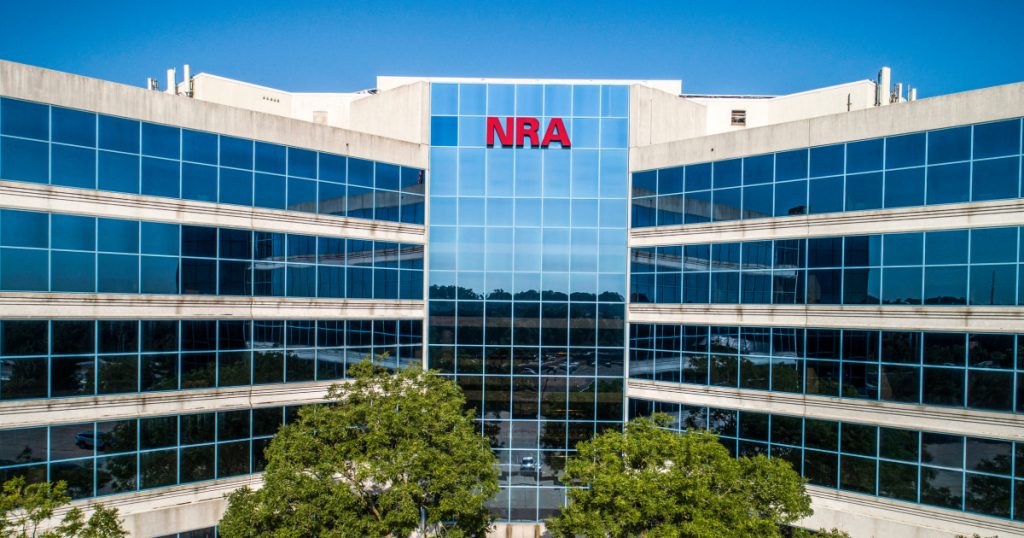The Supreme Court ruled that the National Rifle Association can pursue a claim that a New York state official’s efforts to encourage companies to end ties with the organization constituted unlawful coercion. The NRA argued that its free speech rights under the First Amendment were violated by the actions of Maria Vullo, the former superintendent of the New York State Department of Financial Services. The case is part of a larger debate concerning alleged government coercion of private entities, with another case involving claims that the Biden administration unlawfully pressured social media companies. In a unanimous decision, the justices agreed that government officials cannot attempt to coerce private parties to punish or suppress views they disfavor.
The NRA appealed a 2022 ruling by the 2nd U.S. Circuit Court of Appeals in New York, which had previously found that Vullo’s actions did not constitute unlawful conduct and dismissed the free speech claim. The gun rights group focused on an investigation by Vullo’s office into insurance companies that had partnered with the organization to provide coverage for members. The NRA, which is based in Virginia but incorporated in New York, also highlighted Vullo’s efforts to persuade insurance companies and banks to reconsider any relationships they had with gun rights-affiliated groups. Vullo’s lawyers argued that it was within her role to advise entities to consider reputational risks.
The Supreme Court’s ruling allows the NRA to move forward with its claim that its constitutional rights were violated by Vullo’s actions. Justice Sonia Sotomayor, writing for the court, emphasized that government officials cannot use coercion to punish or suppress views they disagree with. The decision highlights the importance of protecting free speech rights, even in cases involving government efforts to influence private entities. The NRA’s lawsuit is part of a larger debate over the limits of government power when it comes to regulating speech and associations, and the ruling sets a precedent for future cases involving government pressure on private organizations.
The case has broader implications for the balance between government regulation and free speech rights, particularly in the context of private entities. The Supreme Court’s decision underscores the importance of upholding the First Amendment and protecting against government overreach, even in cases where officials may believe they are acting in the public interest. The ruling sets a precedent for future cases involving alleged government coercion of private entities and reaffirms the principle that government officials cannot use their power to suppress or punish views they disfavor. The NRA’s lawsuit will now proceed, with the organization able to argue that its rights were infringed upon by Vullo’s actions.
Overall, the Supreme Court’s ruling in favor of the NRA represents a significant victory for free speech rights and sets a precedent for future cases involving alleged government coercion of private entities. The decision underscores the importance of protecting against government overreach and ensuring that officials cannot use coercive tactics to suppress or punish views they disagree with. The case highlights the ongoing debate over the limits of government power when it comes to regulating speech and associations, and the Supreme Court’s decision reaffirms the principle that government officials must respect the constitutional rights of private organizations. The NRA’s lawsuit will now proceed, allowing the organization to argue that its free speech rights were violated by Vullo’s efforts to pressure companies to sever ties with the gun rights group.


